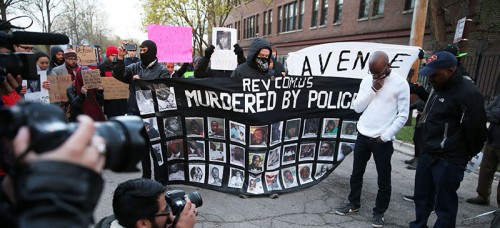
A “teach-in” was held on DePaul’s Loop campus Wednesday night to explain the controversial acquittal of a Chicago detective charged with manslaughter in the 2012 death of Rekia Boyd, a 22-year-old African American woman.
The two-hour “teach-in” was hosted by a variety of social justice groups and featured five lawyers familiar with the case to break it down for those without a legal background. Held in the Lewis Center, the event was so heavily attended that there had to be an overflow room set up where people watched the proceedings via a live stream.
“I think that mass incarceration and policing in the United States is horrible and unjust and people need to challenge on the streets, in the courtroom, everywhere,” said third year law student Ryan Leavitt, one of the organizers of the event. “And sometimes bringing people together for events like this is a really cool thing and we’re really excited it’s happening.”
The outrage in the meeting was due to the rare and confusing ruling of a directed verdict. According to the American Bar Association, after prosecutors present their evidence, the defense has the option to file a motion for a directed verdict if they believe that the prosecution did not prove their case.
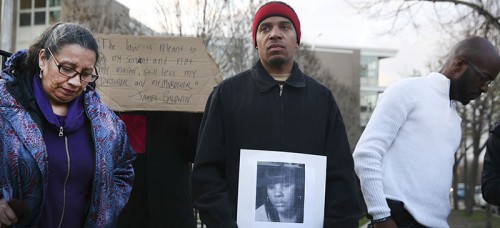
If granted, all charges are dismissed. Since Judge Dennis Porter granted such a motion in this case, Chicago police officer Dante Servin was let free without even having to present a defense.
According to the judge’s ruling, while there was no doubt that Servin fired into a crowd of people and killed Boyd, the prosecution did not prove that he was reckless in his actions, as required by the charge of involuntary manslaughter. Instead, the judge said that despite Servin being intentional in his actions, he could not be punished for a higher crime in which he was not charged.
One lawyer on the panel said that inherently it is a travesty as anyone besides a police officer would have “been thrown the book” and charged with murder in addition to the manslaughter charge.
For Biance Alebiosu, a junior fine arts major at Chicago State University, the case seemed like another instance of police officers being held to a different standard than common citizens.
“It relates to the power of the police and how they are protected by the law, which is definitely skewed in favor of them,” she said. “The people don’t have any power at all. They don’t have any chance of getting justice.”
The events in Baltimore were on many people’s minds given how it is another instance of a controversial death of a person of color in police custody. Many at the event also marched the previous night from Chicago Police headquarters to the University of Chicago in solidarity with the people of Baltimore.
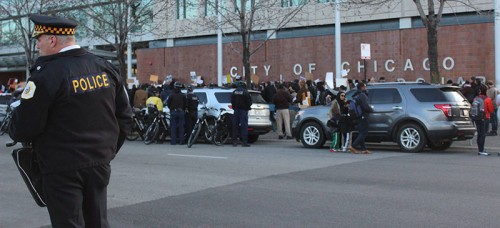
While the event itself was peaceful, many were disturbed by the strong police presence outside the Lewis Center throughout its duration.
According to DePaul spokeswoman Carol Hughes, the university notified the police as part of their standard practice.
“It’s a safety-first protocol,” Hughes said. “We notified CPD in this instance based on news announcements that there was to be a protest at our Loop Campus tonight.”
While many police congregated around Jackson Boulevard and Wabash Avenue, the site of the supposed protest, officers also stood directly outside the building before the “teach-in”, making many attendees feel uncomfortable.
“It just conveys this message that you’re unwelcome and it is so far too from the Vincentian values the school purports to have and what not,” Leavitt said. “So it’s upsetting the way they kind of handled it.”
Alebiosu said it seemed like the police were grandstanding with their strong presence.
“I just think that it’s uncalled for because we’re in a teach-in, it’s not technically a protest,” she said. “We’re here to understand the law and how the police’s actions effected the case.”
Officers on the scene said they understood the protestors desire to be heard and that they just wanted to ensure everyone’s safety. A protest did not occur that night.


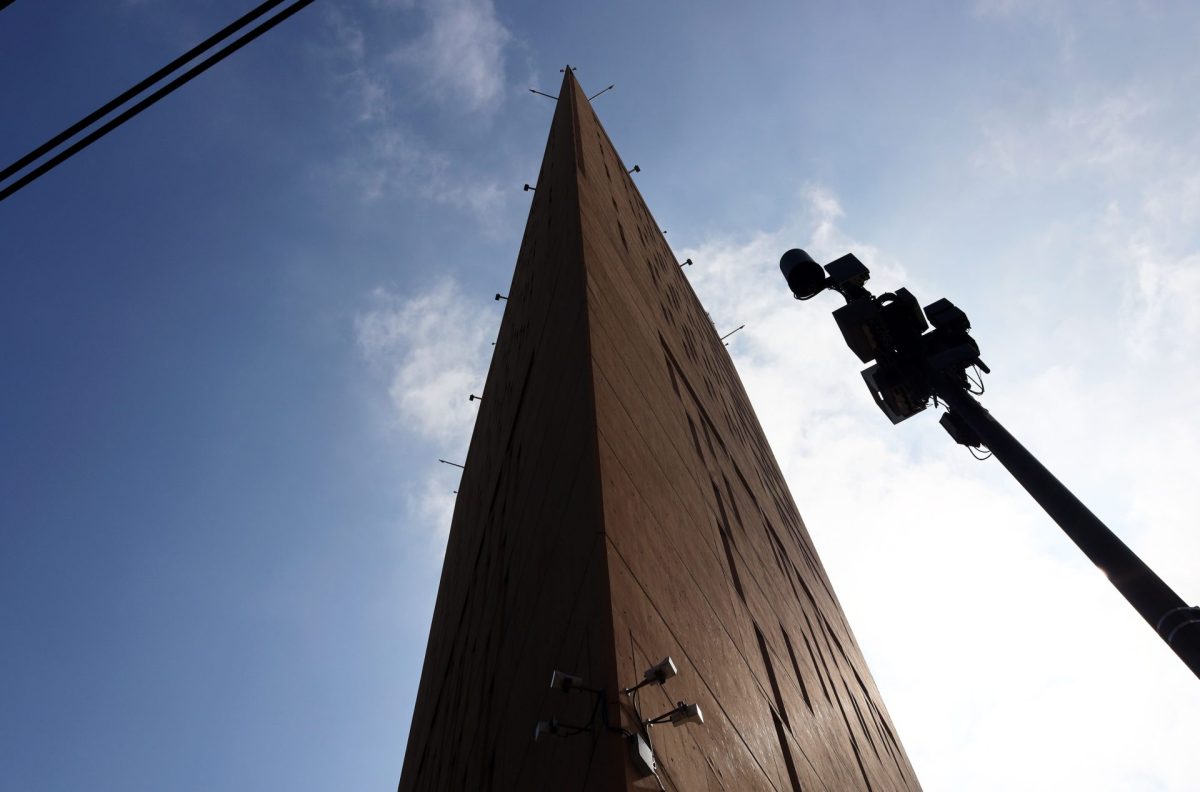
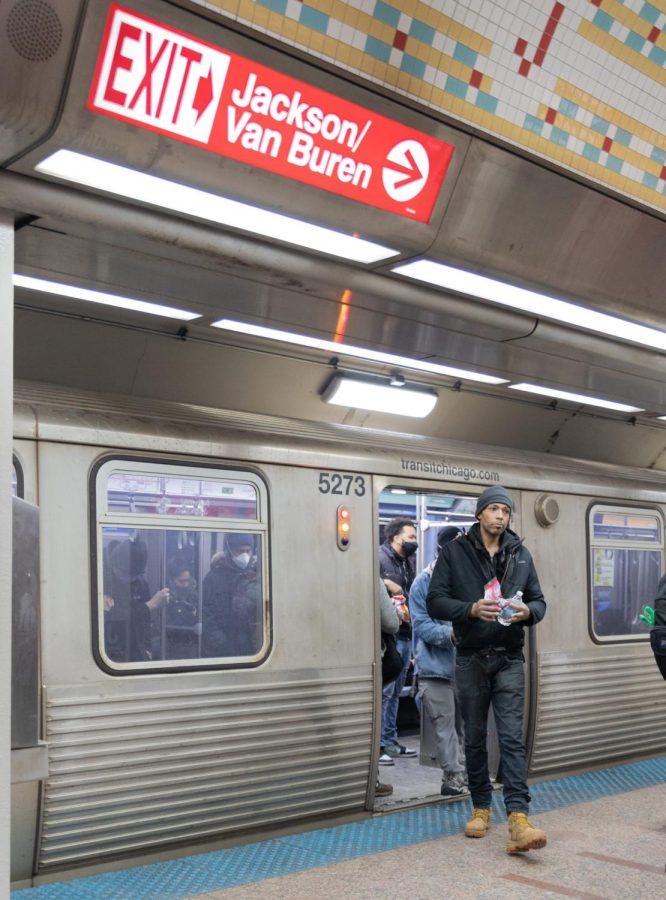
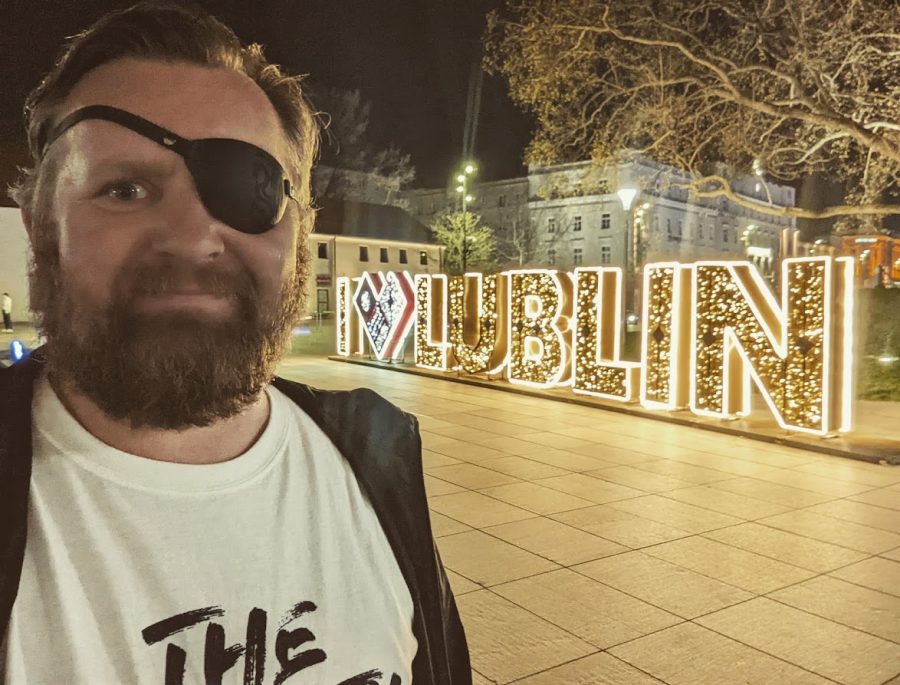

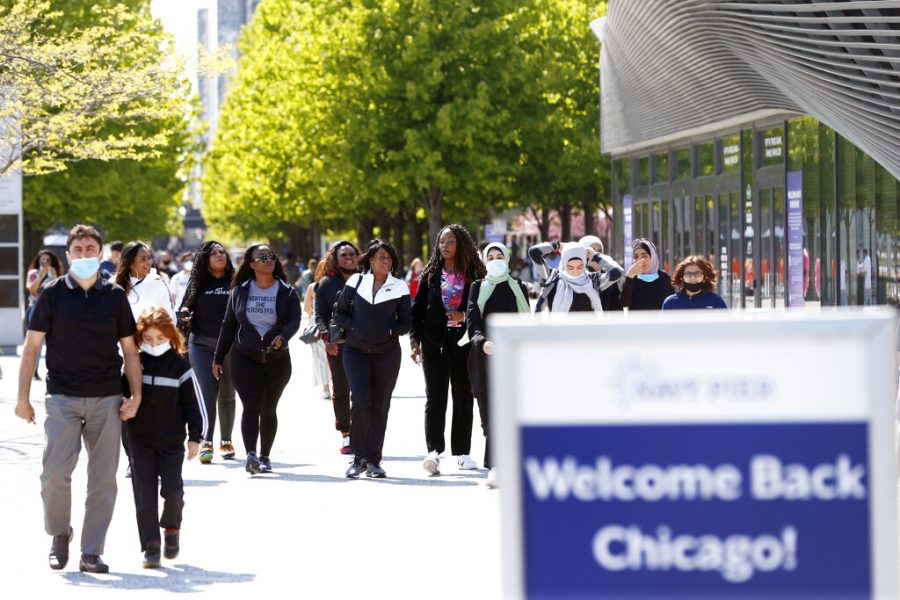
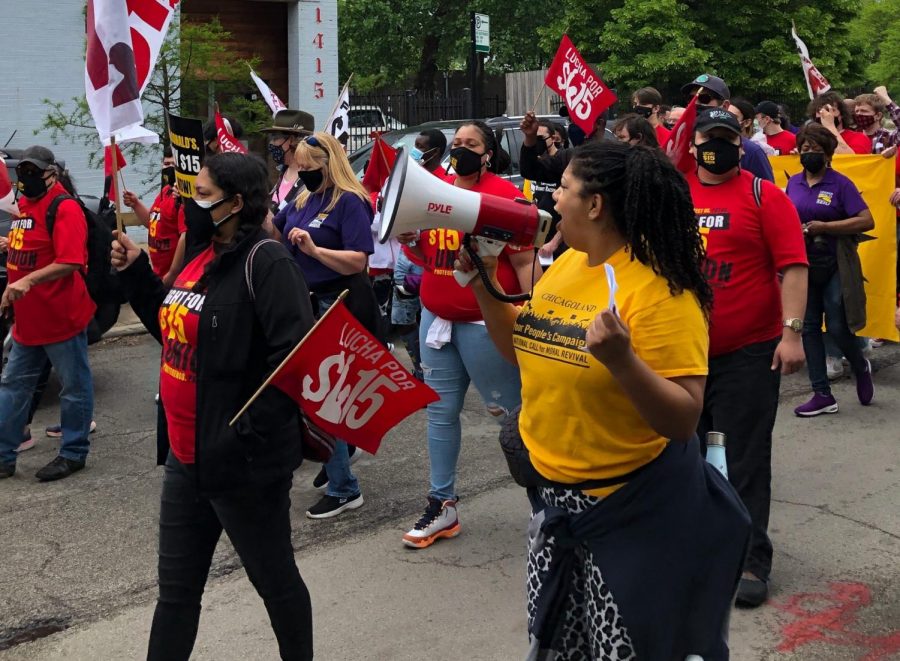


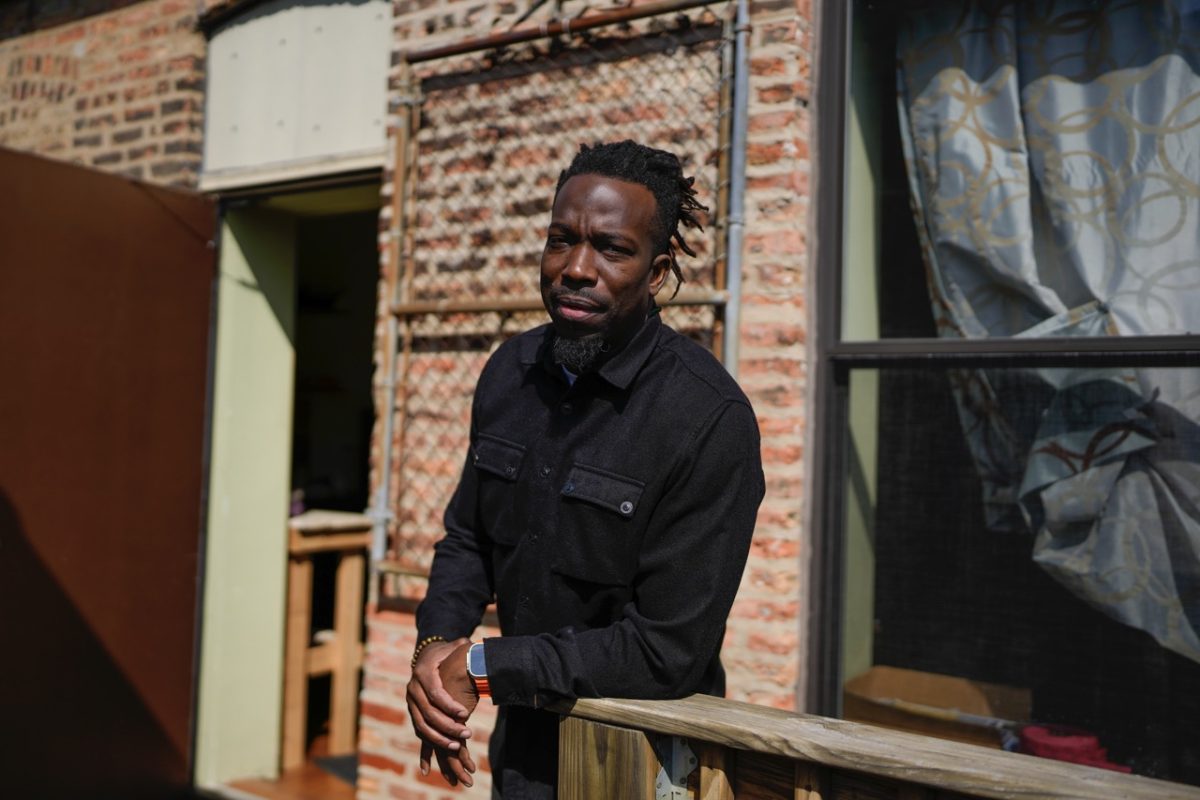



Winter Lenser • Jun 23, 2015 at 4:29 am
Spot on with this write-up